Starting the day with health news , readers can also read more articles: Fast eating habits cause many harmful effects, doctors show how to eat properly; 5 types of fruit scientifically proven to help reduce visceral fat ; 5 necessary tests to detect cancer early...
Drink coconut water every day: What do doctors say?
Coconut water is a natural, refreshing and effective hydrating drink. However, is drinking coconut water every day really good and safe?
Below, Professor Karina Rahmadia Ekawidyani, doctor - lecturer of the Department of Nutrition at IPB University (Indonesia) and nutritionist Hannah Van Ark, founder of True Vitality Nutrition LLC (USA), will explain about drinking coconut water every day.
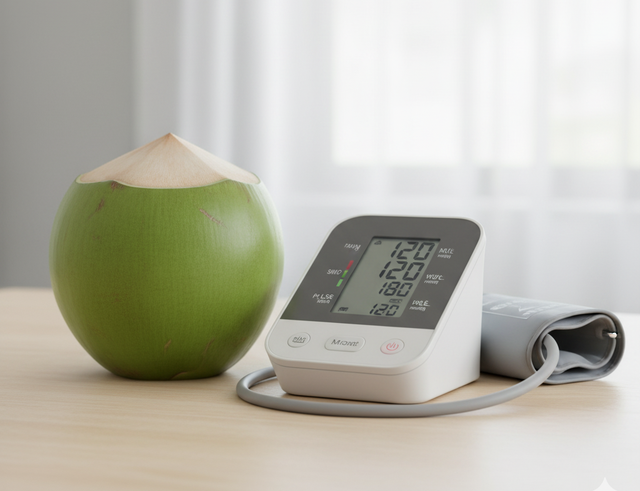
The high potassium content in coconut water can help lower blood pressure
Illustration: AI
Helps replenish electrolytes . Coconut water is considered a "natural sports drink" because it is rich in electrolytes such as potassium, sodium, magnesium and calcium. In particular, the electrolyte composition of coconut water has a similar structure to human plasma, helping to quickly restore the amount of water and electrolytes lost due to sweating or diarrhea.
Helps lower blood pressure . The high potassium content in coconut water can help lower blood pressure. Research shows that drinking coconut water daily can reduce systolic blood pressure slightly, but not significantly. Therefore, to ensure lowering blood pressure, it is necessary to combine it with the Dietary Approaches to Stop Hypertension (DASH) diet and regular exercise, Dr. Karina explains.
Dr. Karina also recommends that people with high blood pressure should consult a doctor.
Prevent kidney stones . Coconut water is a diuretic, which helps prevent kidney stones from forming, says Van Ark. A small study found that coconut water can increase urinary citrate excretion, which can prevent calcium stones from forming.
Despite its many benefits, coconut water should be consumed in moderation. Dr. Karina recommends: It is best to drink no more than 1 glass (250 ml) per day, without adding sugar or sweeteners. The next content of this article will be on the health page on August 28 .
5 fruits scientifically proven to help reduce visceral fat
Visceral fat is normal, it protects internal organs and provides energy when the body is lacking calories. However, too much visceral fat increases the risk of cardiovascular disease and many other diseases.
Many scientific studies have shown that eating fruits rich in soluble fiber, antioxidants, and healthy fats can significantly support the process of reducing visceral fat. These components not only help increase satiety, regulate blood sugar, but also reduce inflammation. These are 3 important mechanisms in controlling visceral fat.

Apples and avocados contain nutrients that help reduce visceral fat
PHOTO: AI
Fruits scientifically proven to effectively reduce visceral fat include:
Apples. Apples are high in soluble fiber, especially pectin, which helps keep you feeling full longer and stabilizes blood sugar. In a study published in The Journal of Nutrition , scientists found that people who ate more fruit, including apples, lost more visceral fat, especially women.
Avocado. Avocados are a good source of monounsaturated fats. This type of fat is beneficial for heart health and body fat distribution. In a 12-week study by the University of Illinois (USA), the research team found that women who ate 1 avocado a day had positive changes in body fat distribution. Specifically, although total belly fat did not change significantly, visceral fat decreased and subcutaneous fat increased. The next content of this article will be on the health page on August 28.
5 essential tests for early detection of cancer
Many cancers can be detected early, before symptoms appear. To do this, regular screening tests are extremely important, allowing doctors to intervene promptly.
Each of the following tests has a clear scientific basis and can help prevent, detect and treat cancer in its early stages.
PSA test. PSA is a blood test that measures the amount of an antigen produced by the prostate gland. The goal is to detect cancer at an early stage. It is a useful tool in prostate cancer screening, especially when there are no obvious symptoms.
The results of this blood test tell the doctor the level of PSA, the higher the level, the greater the chance of cancer. Therefore, PSA is not used for diagnosis. To determine the exact disease, additional tests, such as biopsy, are needed.
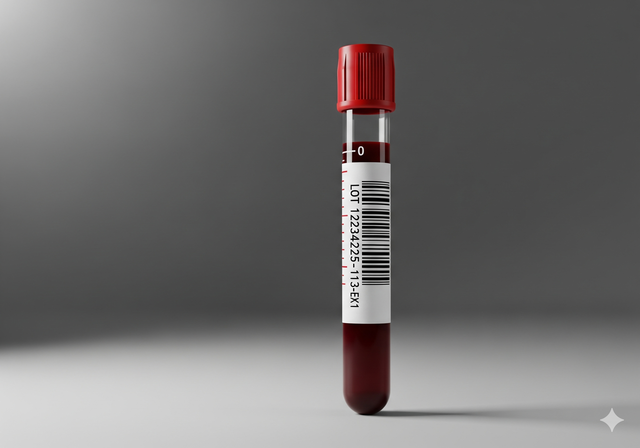
PSA is a blood test that measures the level of the antigen PSA to screen for prostate cancer.
PHOTO: AI
Mammography. Mammography is a low-dose X-ray examination of breast tissue. The goal is to detect abnormalities early, before a woman can feel a lump in her breast.
According to the American Cancer Society, regular mammograms can detect lesions years before cancer symptoms appear, significantly improving the chances of successful treatment.
Studies show that detecting breast cancer early increases the 5-year survival rate to over 93%. This is why reputable health organizations often recommend that women aged 40 and older get mammograms during their regular health check-ups. Start your day with health news to see more of this article!
Source: https://thanhnien.vn/ngay-moi-voi-tin-tuc-suc-khoe-lieu-luong-va-thoi-diem-duong-nuoc-dua-tot-nhat-185250828001541996.htm





![[Photo] Images of the State-level preliminary rehearsal of the military parade at Ba Dinh Square](https://vphoto.vietnam.vn/thumb/1200x675/vietnam/resource/IMAGE/2025/8/27/807e4479c81f408ca16b916ba381b667)


![[Photo] Parade blocks pass through Hang Khay-Trang Tien during the preliminary rehearsal](https://vphoto.vietnam.vn/thumb/1200x675/vietnam/resource/IMAGE/2025/8/27/456962fff72d40269327ac1d01426969)




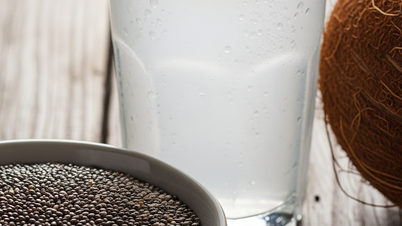
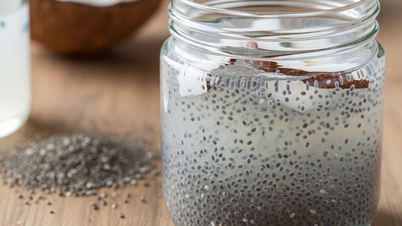

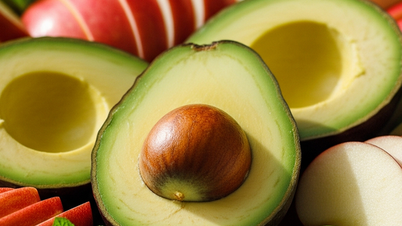














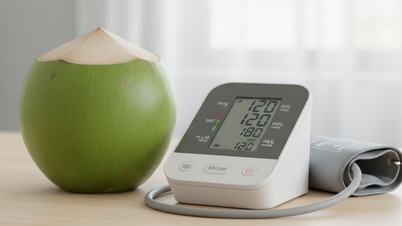


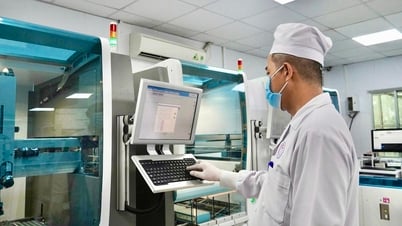




































































Comment (0)